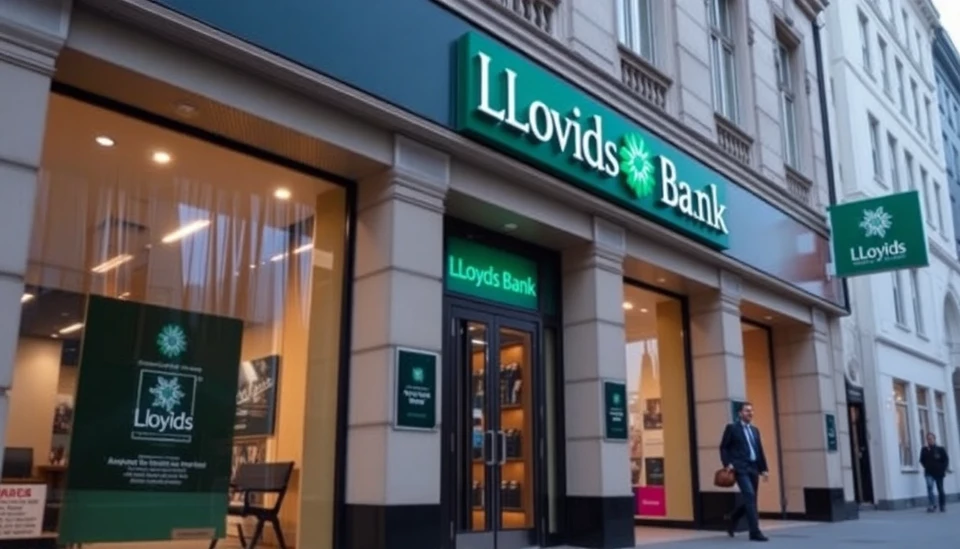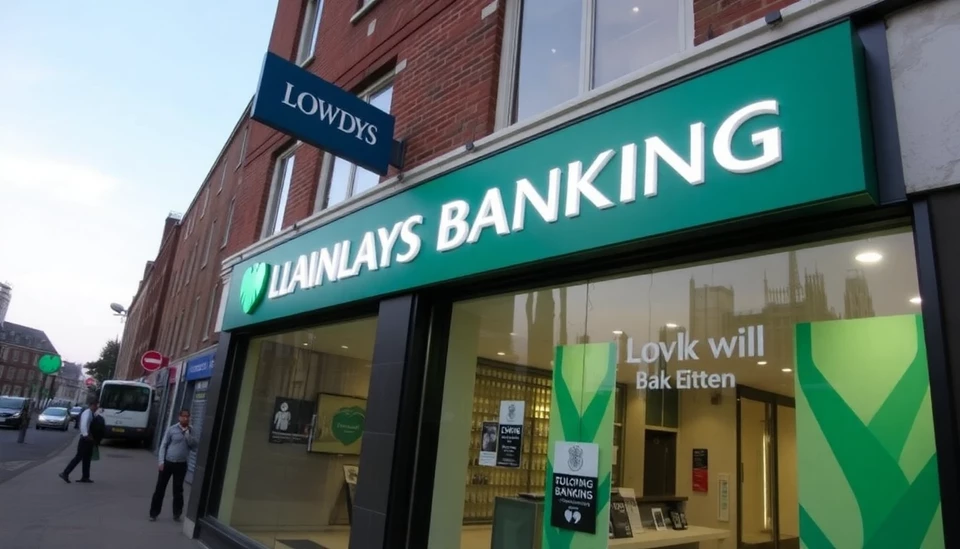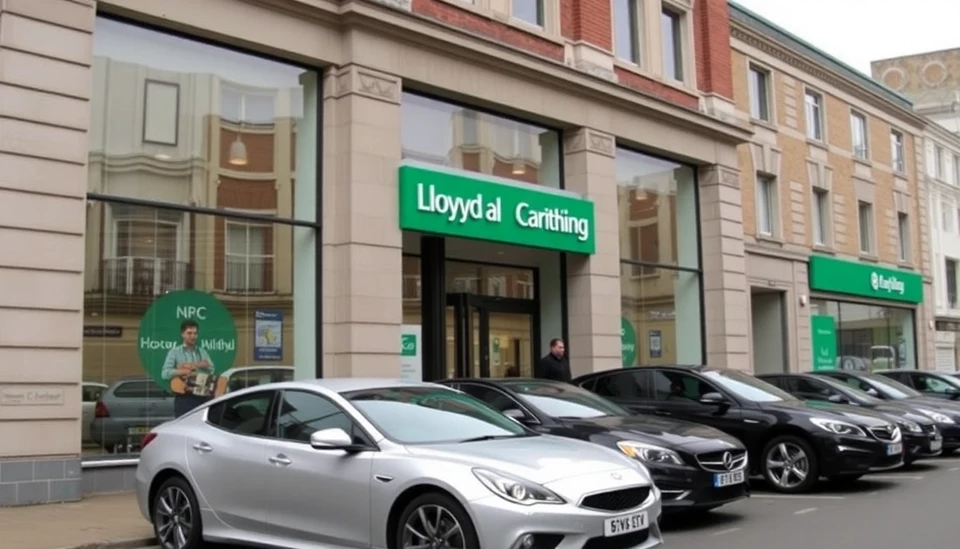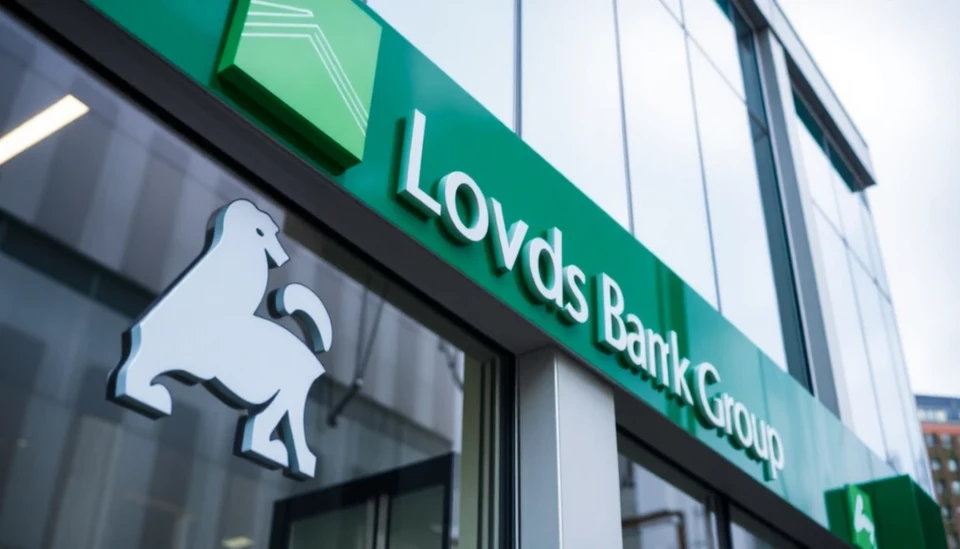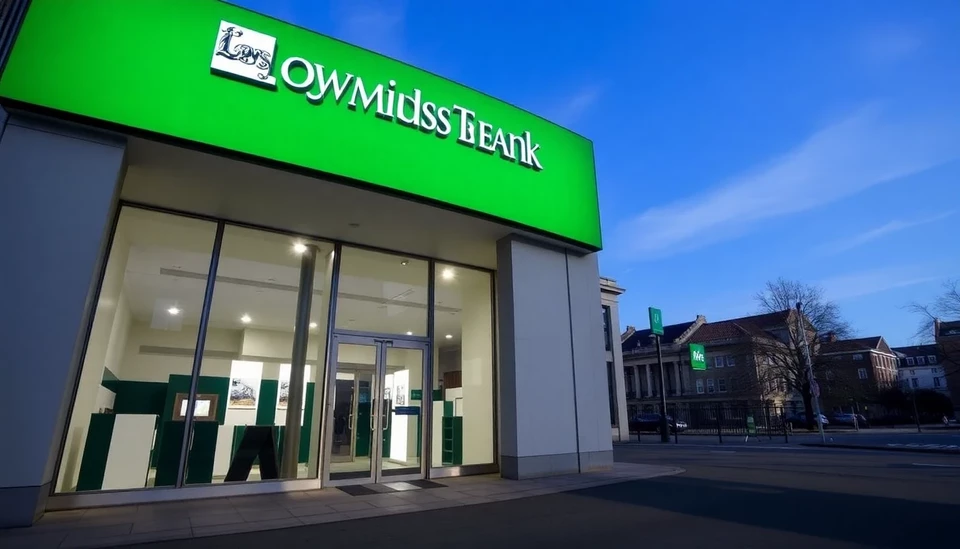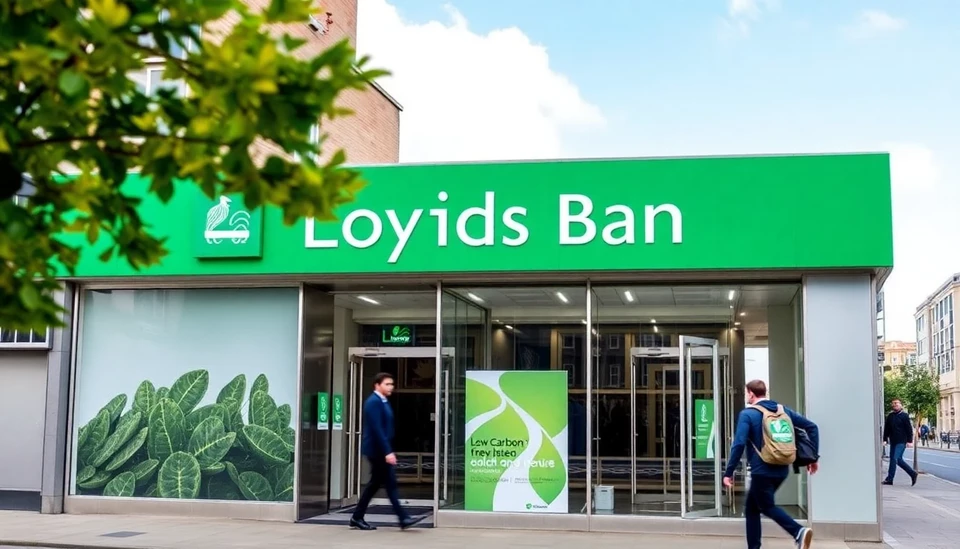
The UK's Advertising Standards Authority (ASA) has recently issued a verdict regarding a controversial advertisement from Lloyds Banking Group. The authority concluded that the bank's promotional campaign was misleading to consumers about its commitment to low-carbon alternatives. This significant ruling highlights the evolving landscape of advertising within the financial sector, especially concerning sustainability claims.
The advertisement in question, which was widely circulated on platforms such as LinkedIn, depicted Lloyds Bank's initiatives aimed at encouraging customers to adopt low-carbon financial solutions. The ASA's review determined that the ad's message exaggerated Lloyds' effectiveness and commitment towards promoting low-carbon options and assisting customers with their transition to sustainable practices.
Key concerns raised by the ASA included the portrayal of Lloyds Bank as a frontrunner in sustainability efforts, despite evidence suggesting that the bank had not yet fully integrated these principles into their core operations. Moreover, the authority pointed out that the representation could mislead consumers who may rely on such advertisements to make informed choices about their financial dealings, especially in a climate-conscious market.
The ruling has triggered reactions from various stakeholders in the banking and environmental sectors. While some praised the ASA for taking a stand against misleading advertising practices, others raised concerns over the implications for banks striving to promote sustainability. Experts have underscored the importance of transparency and accuracy in communication, especially regarding environmental claims.
In light of this ruling, Lloyds Bank now faces mounting pressure to rethink its marketing strategies and ensure that future communications accurately reflect their sustainability commitments. The ASA has mandated the bank to revise its advertising narrative to avoid any claims that could mislead consumers about its role in supporting low-carbon initiatives.
This case serves as a critical reminder for financial institutions about the necessity of aligning marketing narratives with actual practices and commitments. As public scrutiny increases surrounding environmental claims, it becomes imperative for companies to prioritize honest and accountable communication with their audience.
As we move forward, the broader implications of this ruling may usher in an era of stricter regulations and standards for sustainability-related advertising. The banking industry, amidst growing environmental consciousness, must now grapple with the challenge of maintaining customer trust while promoting eco-friendly initiatives.
In conclusion, the advocacy for honest and responsible advertising has gained momentum, urging financial institutions to demonstrate genuine commitment to sustainability. The public's demand for transparency has never been clearer, and institutions must adapt to this new norm to foster trust and credibility in an increasingly eco-conscious world.
#LloydsBank #Sustainability #AdvertisingStandards #EnvironmentalClaims #ConsumerTrust #LowCarbon #UKWatchdog #MarketingEthics
Author: Peter Collins
